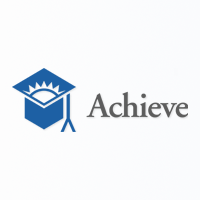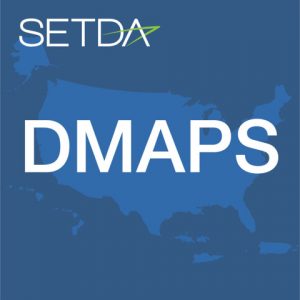Priorities
Digital Content
Open Educational Resources
Open Educational Resources (OER) are “teaching, learning, and research resources that reside in the public domain or have been released under an intellectual property license that permits their free use and re-purposing by others. Open Educational Resources include full courses, course materials, modules, textbooks, streaming videos, tests, software, and any other tools, materials, or techniques used to support access to knowledge,” according to the William and Flora Hewlett Foundation. With appropriate licensing and an eye for finding materials and judging their quality and appropriateness for individual teachers’ classrooms, OER can have a huge impact on student learning. Teachers using OER are able to find free materials appropriately licensed and then mix materials from various sources to fit the needs of their students. In some cases, teachers may wish to add to or alter OER to create a new resource and then “publish” that resource for others to use. This spirit of sharing and improving OER is imbedded throughout the OER-using education community.
 Learn more about OER in SETDA’s Quality Content Guide, including locating, remixing and creating OER. New topic areas include accessibility and vetting.
Learn more about OER in SETDA’s Quality Content Guide, including locating, remixing and creating OER. New topic areas include accessibility and vetting. There is a spectrum of possibilities of licensing open to educators from public domain to Creative Commons (CC) to all rights reserved.
- Public domain content has no restrictions on modification, sharing, use or reuse. Nor is there any cost. However, authorship and origin of the material may be lost with time, since these do not have to be tied to the content. Likewise, there is no way to track modifications across versions.
- CC has six licenses which grant the content user varying degrees of use and modification rights. The content creator holds the copyright, but hands off varying levels of control over that can be done with the content. A CC license gives the user the ability to track authorship and modifications over time.
- All rights reserved copyright restricts the content user’s rights to share, modify, and reuse material. Authorship and versioning over time can be tracked.
-

State Education Policy Center
Looking for policy info?State Education Policy Center (SEPC) is a database of state policies related to education and technology curated by the State Educational Technology Directors Association (SETDA). Find links to SEPC listings for each state within our membership listings here on SETDA.org, or visit SEPC to browse policy across the US.
-

Achieve’s OER Rubrics and Evaluation Tool
Finding and evaluating resources, OER or other licensed content, can be a daunting task. Some states such as Washington have created a process for evaluating OER. Other states and districts have used a rubric created by Achieve, a nonprofit organization.
-
Creative Commons
The definitive source for information on CC licenses is the Creative Commons, a nonprofit whose mission is addressing the legal issues of making content on the internet open so that people can use it as they wish for education, research, and other purposes.
-

The Accessibility of Learning Content for All Students, Including Students with Disabilities, Must Be Addressed in the Shift to Digital Instructional Materials
SETDA Policy Brief, prepared in partnership with EducationCounsel LLCAs states and districts shift from print to digital content, education leaders must proactively consider the accessibility of digital content for all students, including students with disabilities. This issue brief provides recommendations for state and district policy regarding the development, use and distribution and sharing of digital tools to improve the learning experiences of all […]
-

Clarifying Ownership of Teacher-Created Digital Content Empowers Educators to Personalize Education, Address Individual Student Needs
SETDA Policy Brief, prepared in partnership with EducationCounsel LLCIntellectual property law and policies are central to strategies for empowering and encouraging educators to realize the full potential of new digital content and tools. This policy brief addresses the key issue of ownership of teacher-created digital content and offers recommendations for states and districts to effectively manage the increased use of digital content.
-

Ensuring the Quality of Digital Content for Learning
SETDA Policy Brief, prepared in partnership with Foresight Law + PolicyThis paper complements SETDA’s prior digital transition policy briefs by examining strategies for ensuring digital content quality, including exploration of the specific quality-control challenges and opportunities associated with open educational resources (OER). Specifically, this paper describes: 1) digital content’s unique characteristics; 2) traditional state/district instructional materials quality-review practices; and 3) recommendations to inform/strengthen state strategies […]
-

Digital Instructional Materials Acquisition Policies for States (DMAPS)
Digital Instructional Materials Acquisition Policies for StatesAn online database providing state and territory policies and practices related to the acquisition of digital instructional materials in K12 education.
